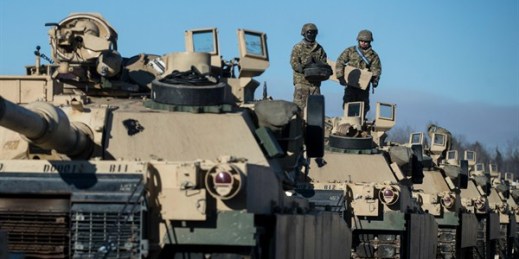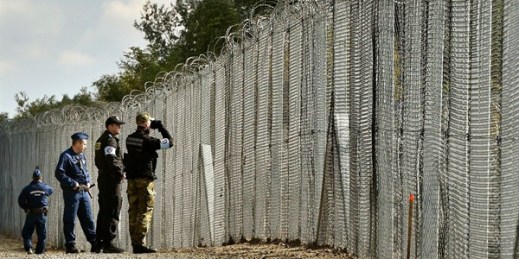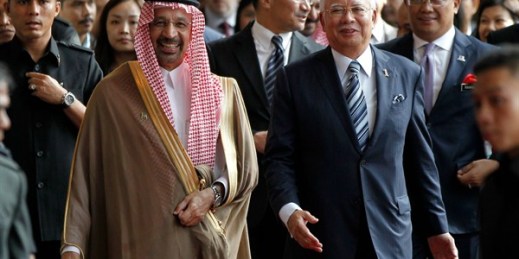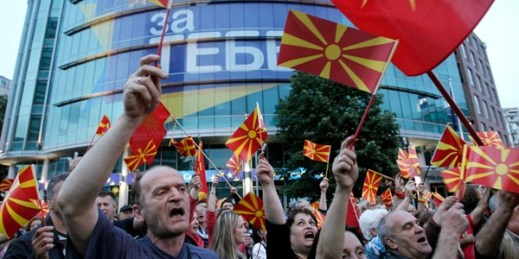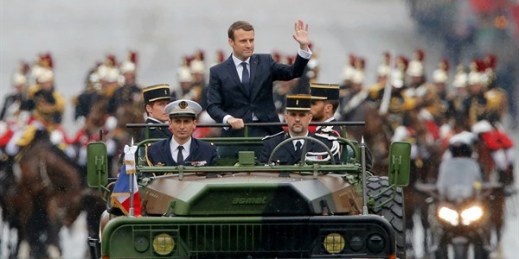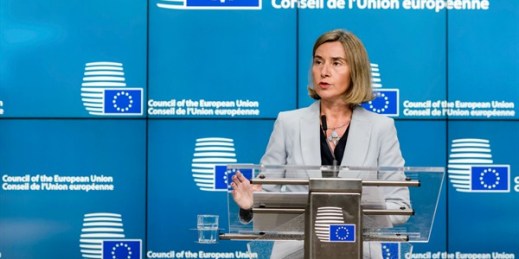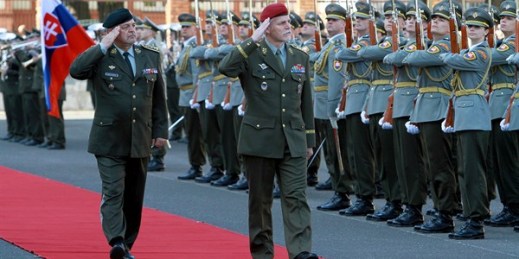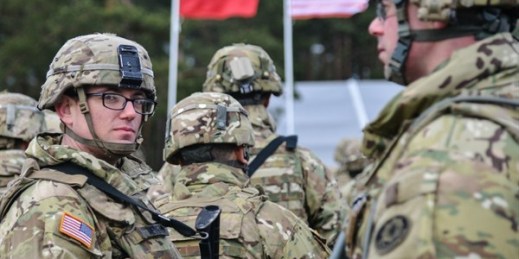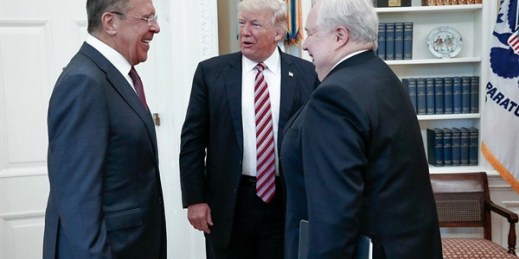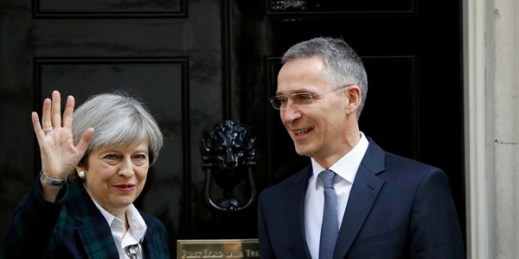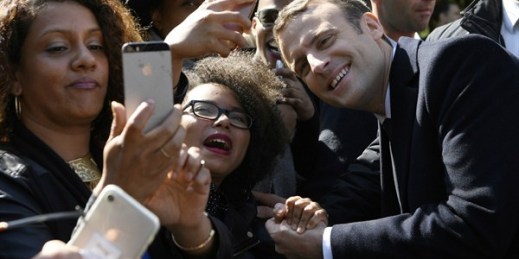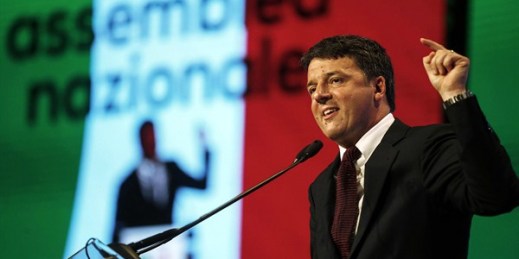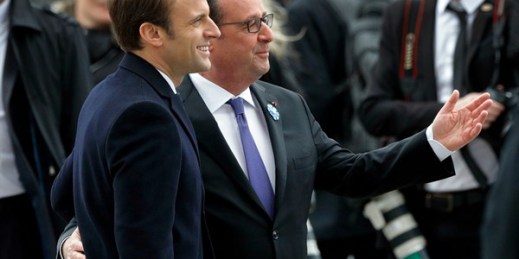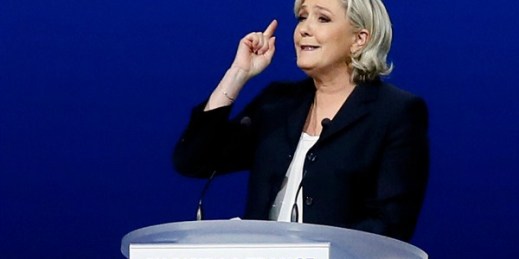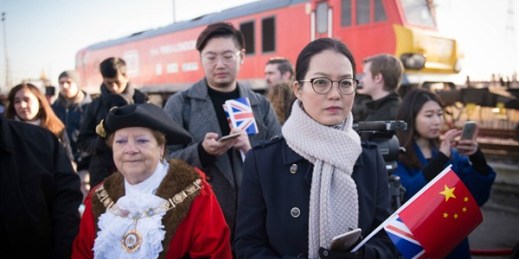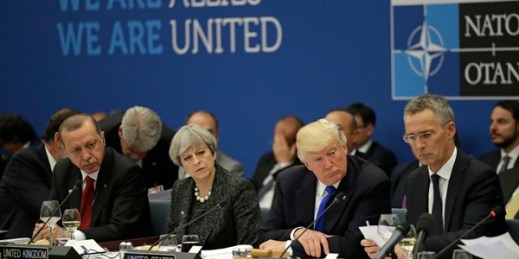
What would the United States lose if it lost Europe as a friend, partner and ally? The question is an abstract one for now. But if his inaugural presidential trip abroad last week is any indication, U.S. President Donald Trump seems hell-bent on finding out what the real-life answer would be. Any European leaders watching the first two legs of Trump’s trip would have been understandably encouraged and even optimistic about the prospects for their first meeting with the new American president. Four months in office had already served to soften the iconoclastic declarations he made as a candidate into […]


